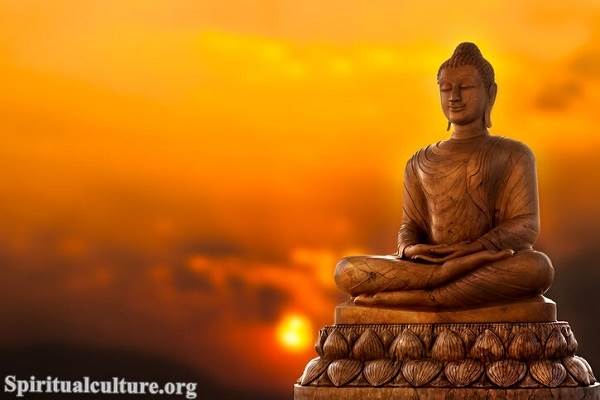However, certain principles and practices are central to the Buddhist tradition. Here are ten key principles of Buddhism:
1. The Four Noble Truths
These fundamental teachings of Buddhism outline the nature of suffering, the cause of suffering, the end of suffering, and the path to the end of suffering.
2. The Eightfold Path
Buddhists follow this path of ethical conduct and mental discipline to end suffering and achieve enlightenment. It consists of the right understanding, right intention, right speech, right action, right livelihood, right effort, right mindfulness, and right concentration.
3. The Three Universal Truths
These are the truths of impermanence, suffering, and non-self. Buddhists believe everything is constantly changing and that suffering is inherent in life. However, it is possible to find freedom from suffering by realizing that the self is not a fixed, permanent entity.
4. The Five Precepts
These are ethical guidelines that Buddhists follow to cultivate virtuous behavior. The five precepts are to refrain from taking life, stealing, sexual misconduct, lying, and using intoxicants.
5. The Four Divine Abodes
These are the qualities of loving-kindness, compassion, sympathetic joy, and equanimity, which Buddhists cultivate as a means of purifying their hearts and minds.
6. The Six Perfections
These are the virtues of generosity, ethics, patience, effort, concentration, and wisdom, which Buddhists practice to cultivate the qualities necessary for enlightenment.
7. The Three Refuges
Buddhists take refuge in the Buddha, the Dharma (the teachings of the Buddha), and the Sangha (the spiritual community). This is done to express commitment to enlightenment and seek guidance and support on the journey.
8. Karma
This is the law of cause and effect, according to which every action has consequences, either in this life or in the future. Buddhists believe that one’s actions shape one’s present and future experiences.
9. Samsara
Buddhists believe all beings are trapped in this cycle of death and rebirth due to ignorance and attachment. The goal of Buddhism is to escape this cycle and achieve liberation.
10. Nirvana
This is the state of enlightenment, or the end of suffering, which Buddhists strive to attain. It is a state of perfect peace and freedom in which the individual is liberated from the cycle of death and rebirth and can experience true happiness and contentment.


